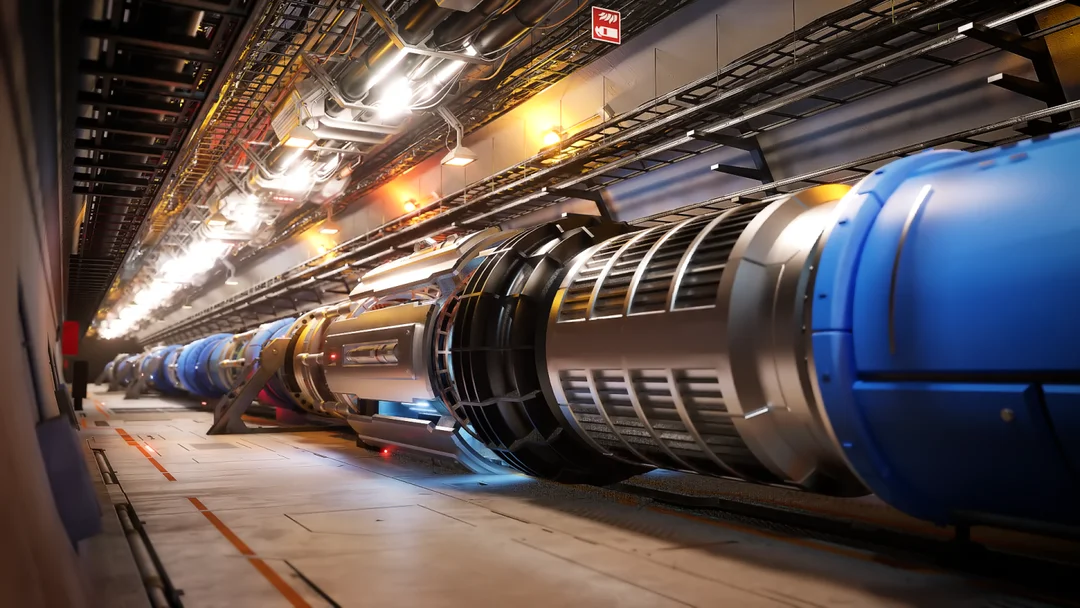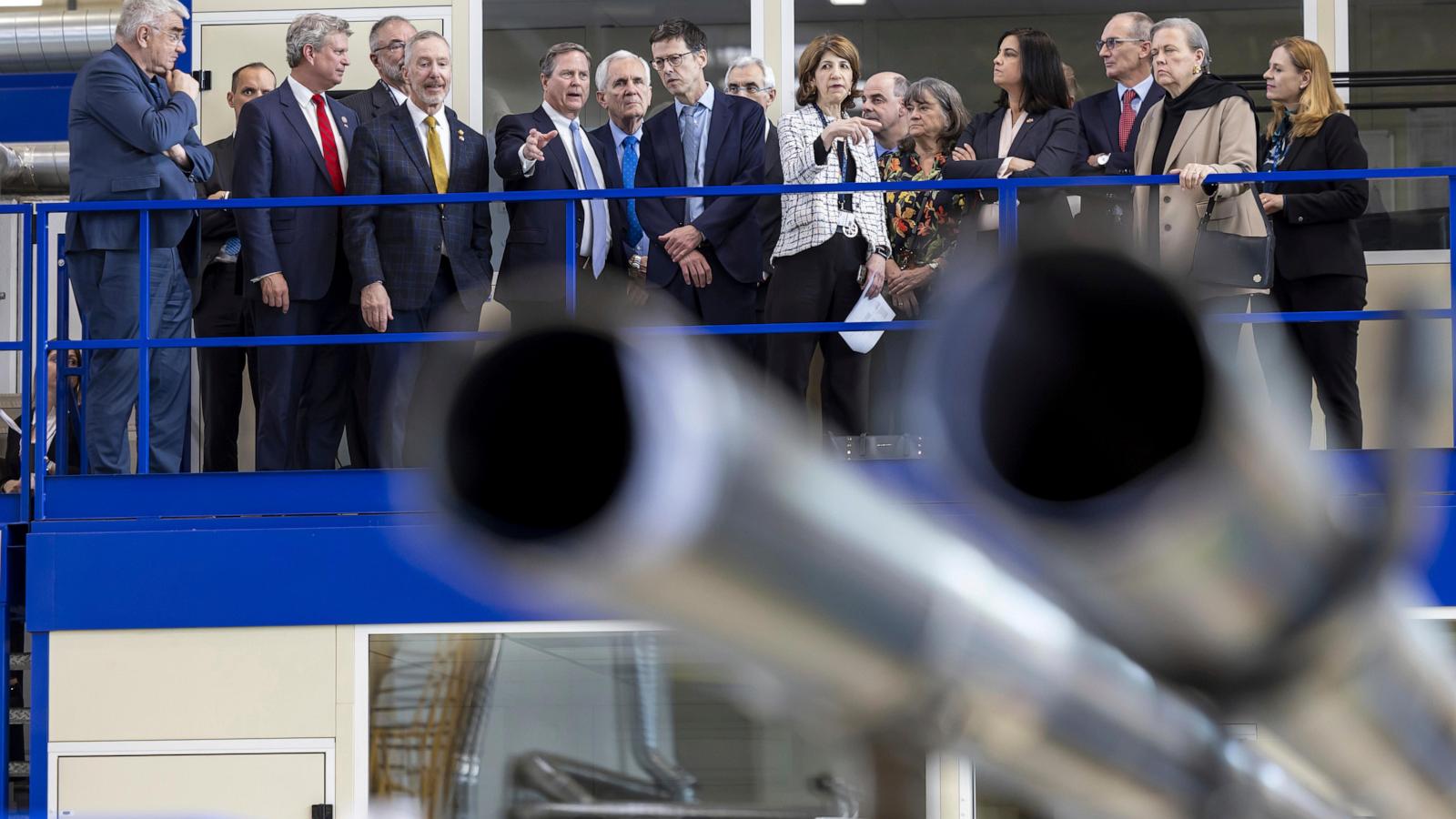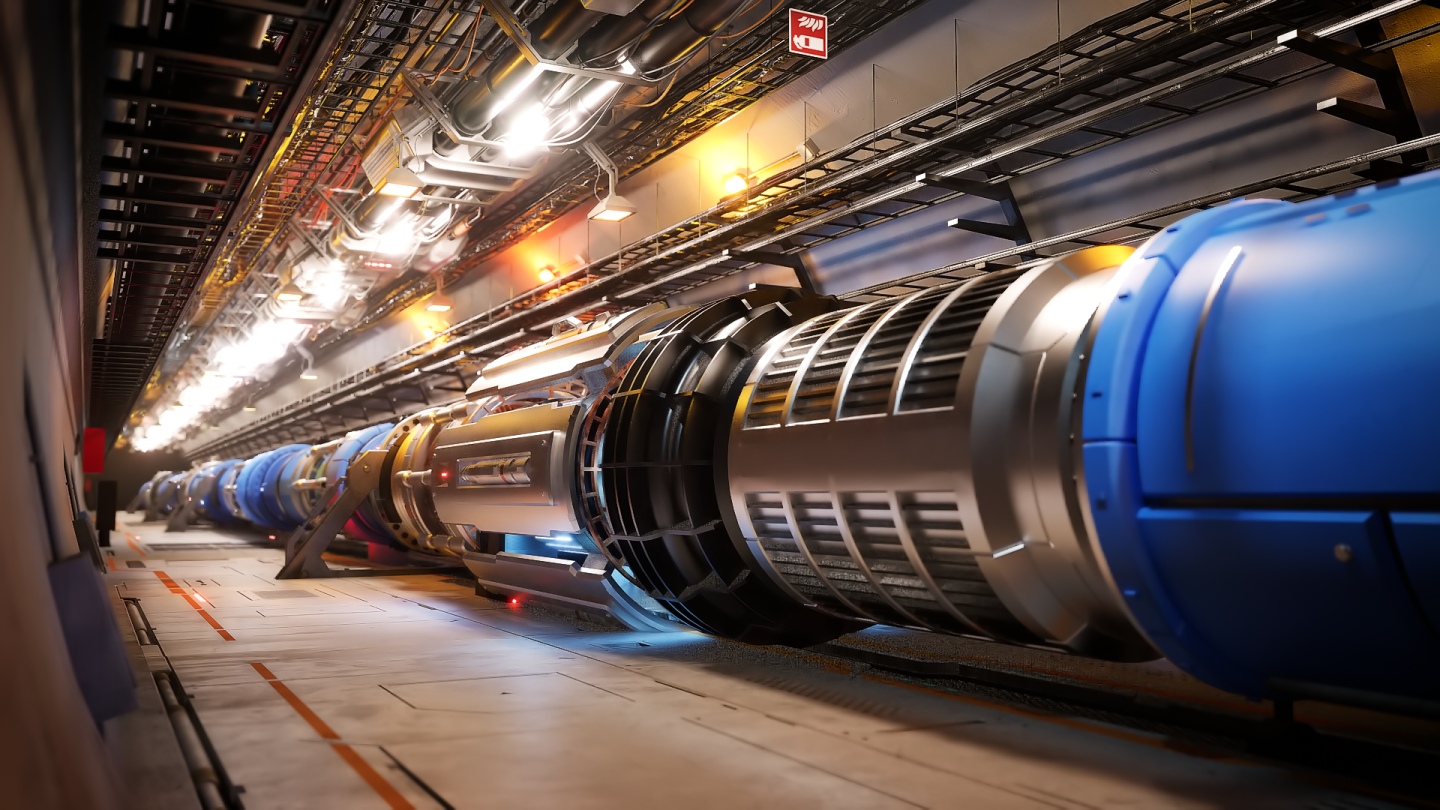
CERN Proposes Future Circular Collider Amid Global Physics Debate
CERN, the European Organization for Nuclear Research, has released a feasibility report on a proposed Future Circular Collider (FCC), a project that could redefine the future of particle physics. The proposed collider, which would be built in Switzerland and France, aims to succeed the Large Hadron Collider (LHC) and push the boundaries of our understanding of the universe.
The report comes at a time when the global physics community is deeply divided over the project. Some scientists argue that the FCC is essential for maintaining Europe's leadership in particle physics, especially as China advances its own plans for a similar facility. However, others believe that the enormous cost, estimated at over $20 billion, could be better spent on a variety of smaller, more diverse research projects.
The debate has sparked intense discussions within the scientific community, with CERN's director-general emphasizing the urgency of maintaining Europe's edge in physics. Critics, however, point out the potential risks and the need for a more balanced approach to funding in science. As the world watches, the decision on the FCC could shape the future of international scientific collaboration and competition.


